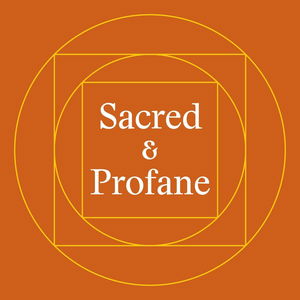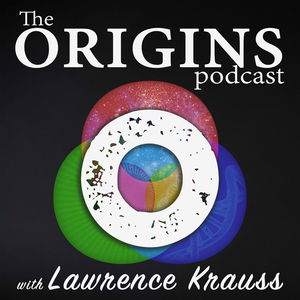

Dela
Podden och tillhörande omslagsbild på den här sidan tillhör
The Religion, Race and Democracy Lab at the University of Virginia. Innehållet i podden är skapat av The Religion, Race and Democracy Lab at the University of Virginia och inte av,
eller tillsammans med, Poddtoppen.





